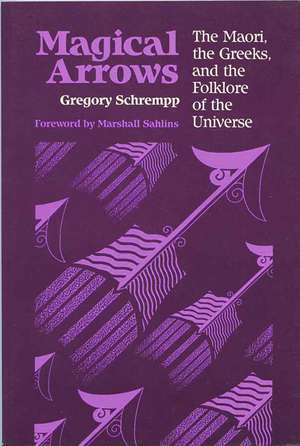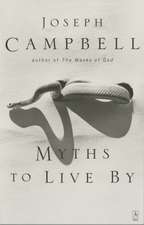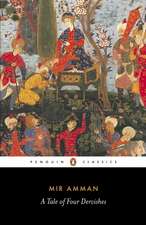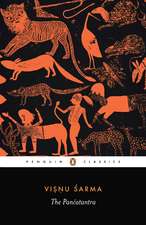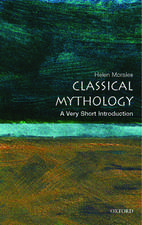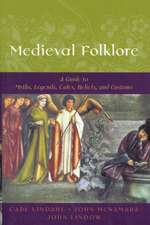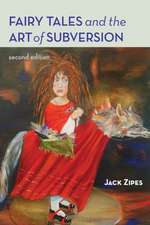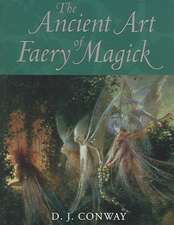Magical Arrows: The Maori, The Greeks, And The Folklore Of The Universe: New Directions in Anthropological Writing
Autor Gregory A. Schremppen Limba Engleză Paperback – 14 mai 1992
A fascinating and sophisticated exploration of cosmology, Magical Arrows connects the Western philosophical tradition with the cosmological traditions of non-Western societies, particularly those of Polynesia. Using the mythology and philosophy of the Maori of New Zealand as a counterpoint to Western thought, Schrempp finds a philosophical common denominator in the thought of the pre-Socratic philosopher, Zeno of Elea. Schrempp suggests that the paradoxes of Zeno, together with the philosophical speculations that they have historically inspired, contain sophisticated insights which are nevertheless general enough to form the foundations of a comparative cosmology.
Schrempp suggests that perhaps the most noteworthy Zenoian insight is that paradox is intrinsic to cosmological speculation. But he points out that there are many other characteristics of Zeno’s approach, including the strategy of juxtaposing concrete images to mathematical forms of representation, that reappear persistently in Western intellectual history. Schrempp proceeds through a series of juxtapositions—between Zeno, Kant, Lovejoy, and Lévi-Strauss, and between Western cosmologists and those from other cultures—to highlight subtle similarities and differences among intellectual traditions and to examine the conceptual apparatus of Western social science.
Schrempp concludes that a meaningful comparative cosmology is possible and that the tradition of Zeno provides a propitious starting point for such a perspective.
Schrempp suggests that perhaps the most noteworthy Zenoian insight is that paradox is intrinsic to cosmological speculation. But he points out that there are many other characteristics of Zeno’s approach, including the strategy of juxtaposing concrete images to mathematical forms of representation, that reappear persistently in Western intellectual history. Schrempp proceeds through a series of juxtapositions—between Zeno, Kant, Lovejoy, and Lévi-Strauss, and between Western cosmologists and those from other cultures—to highlight subtle similarities and differences among intellectual traditions and to examine the conceptual apparatus of Western social science.
Schrempp concludes that a meaningful comparative cosmology is possible and that the tradition of Zeno provides a propitious starting point for such a perspective.
Preț: 153.48 lei
Nou
Puncte Express: 230
Preț estimativ în valută:
29.37€ • 31.89$ • 24.67£
29.37€ • 31.89$ • 24.67£
Carte tipărită la comandă
Livrare economică 23 aprilie-07 mai
Preluare comenzi: 021 569.72.76
Specificații
ISBN-13: 9780299132347
ISBN-10: 029913234X
Pagini: 238
Dimensiuni: 152 x 229 x 20 mm
Greutate: 0.32 kg
Editura: University of Wisconsin Press
Colecția University of Wisconsin Press
Seria New Directions in Anthropological Writing
ISBN-10: 029913234X
Pagini: 238
Dimensiuni: 152 x 229 x 20 mm
Greutate: 0.32 kg
Editura: University of Wisconsin Press
Colecția University of Wisconsin Press
Seria New Directions in Anthropological Writing
Recenzii
"A highly original and thought-provoking work." —Elizabeth Traube, Wesleyan University
Notă biografică
Gregory Schrempp is assistant professor of folklore at Indiana University. He has carried out extensive archival research in New Zealand on Maori traditions and mythology in preparation of this volume.
Descriere
A fascinating and sophisticated exploration of cosmology, Magical Arrows connects the Western philosophical tradition with the cosmological traditions of non-Western societies, particularly those of Polynesia. Using the mythology and philosophy of the Maori of New Zealand as a counterpoint to Western thought, Schrempp finds a philosophical common denominator in the thought of the pre-Socratic philosopher, Zeno of Elea. Schrempp suggests that the paradoxes of Zeno, together with the philosophical speculations that they have historically inspired, contain sophisticated insights which are nevertheless general enough to form the foundations of a comparative cosmology.
Schrempp suggests that perhaps the most noteworthy Zenoian insight is that paradox is intrinsic to cosmological speculation. But he points out that there are many other characteristics of Zeno’s approach, including the strategy of juxtaposing concrete images to mathematical forms of representation, that reappear persistently in Western intellectual history. Schrempp proceeds through a series of juxtapositions—between Zeno, Kant, Lovejoy, and Lévi-Strauss, and between Western cosmologists and those from other cultures—to highlight subtle similarities and differences among intellectual traditions and to examine the conceptual apparatus of Western social science.
Schrempp concludes that a meaningful comparative cosmology is possible and that the tradition of Zeno provides a propitious starting point for such a perspective.
Schrempp suggests that perhaps the most noteworthy Zenoian insight is that paradox is intrinsic to cosmological speculation. But he points out that there are many other characteristics of Zeno’s approach, including the strategy of juxtaposing concrete images to mathematical forms of representation, that reappear persistently in Western intellectual history. Schrempp proceeds through a series of juxtapositions—between Zeno, Kant, Lovejoy, and Lévi-Strauss, and between Western cosmologists and those from other cultures—to highlight subtle similarities and differences among intellectual traditions and to examine the conceptual apparatus of Western social science.
Schrempp concludes that a meaningful comparative cosmology is possible and that the tradition of Zeno provides a propitious starting point for such a perspective.
